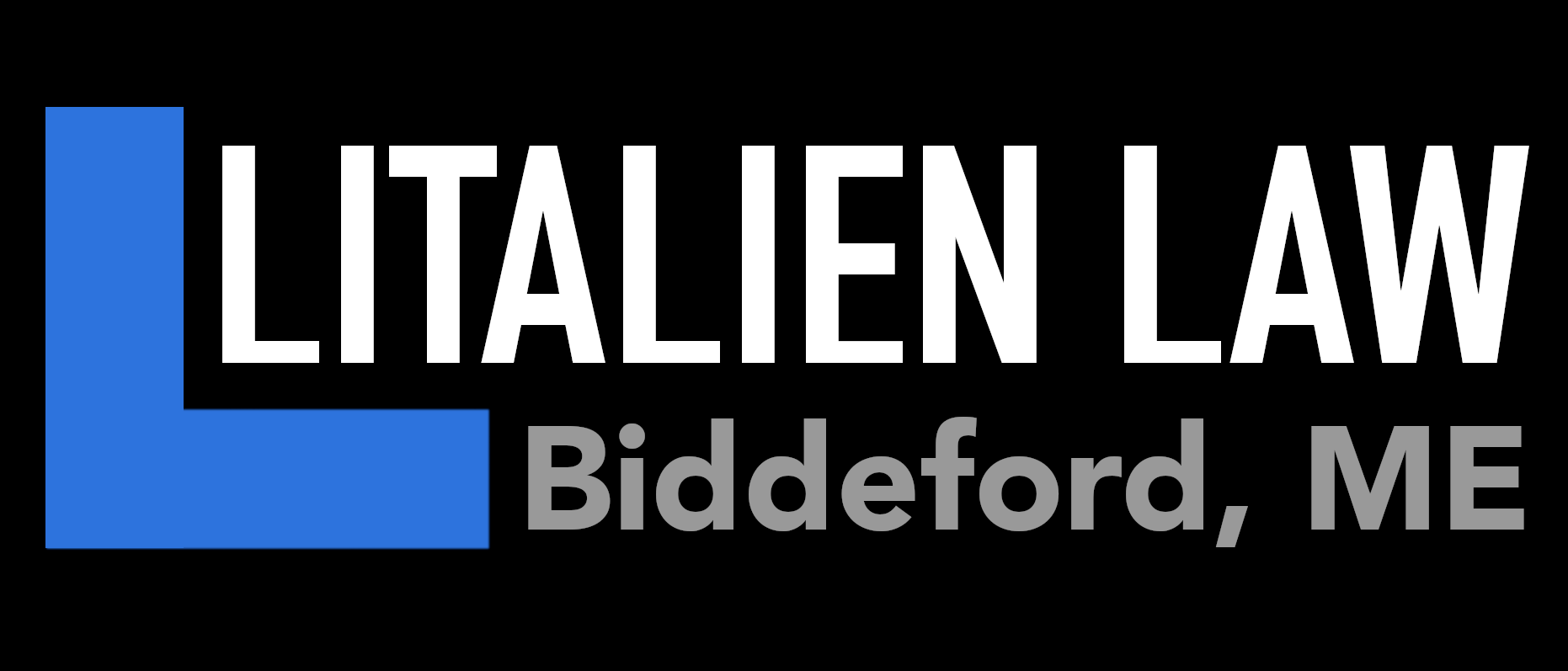Experiencing an injury can be one of the most challenging moments in your life, leaving you overwhelmed and unsure of your legal options. When deciding whether to pursue a settlement or take your personal injury case to court, understanding the differences is crucial. This blog explores the advantages and disadvantages of each option and guides you towards making an informed decision.
Settling a Case
Opting for a settlement involves an agreement between you and the responsible party to resolve the case without going to trial. Settlements offer benefits like a speedy resolution, leading to quicker compensation and often lower legal costs. You also enjoy privacy benefits since settlements aren't part of public records. However, the downside is that settlements could potentially offer lower compensation, and once agreed upon, you can't pursue further claims.
Going to Court
Taking your case to court means entering a trial process where a judge or jury decides the outcome. This path can sometimes result in a higher compensation, especially for severe injuries, as it seeks full accountability from the responsible party. Public acknowledgment of wrongdoing is also a key advantage. However, court proceedings can be lengthy, with higher costs and the inherent risk of an unfavorable outcome.
Choosing the Right Path
Understanding the pros and cons of each approach is vital for achieving the best possible outcome for your situation. Every case is unique, and considerations such as the severity of your injury, the evidence available, and your personal circumstances will influence the decision. Consulting a personal injury attorney can provide the personalized guidance you need to navigate this decision effectively.

